Religious clashes in Egypt leave ten dead
More than 190 people detained after fatal clashes between Muslims and Christians in Cairo are to face military trials, Egypt's army says.
Sunday, 08.05.2011.
13:45

More than 190 people detained after fatal clashes between Muslims and Christians in Cairo are to face military trials, Egypt's army says. The ruling Supreme Council of the Armed Forces called the move a "deterrent" against further violence. Religious clashes in Egypt leave ten dead Earlier the prime minister postponed a visit to the Gulf in order to hold an emergency cabinet meeting. At least 10 people have died and 186 wounded during the overnight clashes in Cairo's Imbaba district. It started after several hundred conservative Salafist Muslims gathered outside the Coptic Saint Mena Church. They were reportedly protesting over allegations that a Christian woman was being held there against her will because she had married a Muslim man and wanted to convert to Islam. Rival groups threw firebombs and stones, and gunfire was heard. The church and one other, as well as some nearby homes, were set alight, and it took some hours for the emergency services and the military to bring the situation under control. "The Supreme Military Council decided to send all those who were arrested in yesterday's events, that is 190 people, to the Supreme Military Court," the Egyptian army announced on its Facebook Page. It added that it should act as a "deterrent to all those who think of toying with the potential of this nation". The statement also said that a committee would be set up to assess the damage caused by the clashes and "restore all property and places of worship to how they were". The army warned of "severe dangers facing Egypt during this phase". Earlier, state media reported that Prime Minister Essam Sharaf had postponed a visit to Bahrain and the United Arab Emirates and had called an emergency meeting of the cabinet to discuss the events. This is not the first outbreak of communal violence since the fall of President Hosni Mubarak in February following weeks of popular protests. In March, 13 people died in similar clashes in another neighborhood. Last month, demonstrators in the southern city of Qena cut all transport links with Cairo for a week in protest over the appointment of a Christian governor. The clashes, coming as the military government leads a faltering transition to democracy, are a worrying development for Egypt, BBC says. Salafist groups, who have made similar claims about women being held against their will before, have become more assertive in the post-Mubarak era. Coptic Christians account for about ten percent of Egypt's population, and have long complained of state discrimination against them. Now they are expressing fears for their safety if hard-line Muslims do well in the election scheduled for September, our correspondent reports. Witnesses to Saturday's violence said it began with shouting between protesters, church guards and people living near the church. A parish priest, Father Hermina, told the AFP news agency that the group had attempted to storm the church earlier in the day. But one Muslim protester insisted that they had first been fired upon by the Copts. One person in the area, a blogger called Mahmoud, told the BBC that people who saw the violence break out thought that the perpetrators looked like "regular thugs" rather than Salafists. He had witnessed the burning of a second church in the same district, al-Azraa, and said that many local people were very upset at the burning of the churches and had spent the night helping the firefighters put the flames out. Both the death and wounded toll kept rising on Sunday morning, with state media putting the latest number of dead at ten and injured at 186. (FoNet, file)
Religious clashes in Egypt leave ten dead
Earlier the prime minister postponed a visit to the Gulf in order to hold an emergency cabinet meeting.At least 10 people have died and 186 wounded during the overnight clashes in Cairo's Imbaba district.
It started after several hundred conservative Salafist Muslims gathered outside the Coptic Saint Mena Church.
They were reportedly protesting over allegations that a Christian woman was being held there against her will because she had married a Muslim man and wanted to convert to Islam.
Rival groups threw firebombs and stones, and gunfire was heard.
The church and one other, as well as some nearby homes, were set alight, and it took some hours for the emergency services and the military to bring the situation under control.
"The Supreme Military Council decided to send all those who were arrested in yesterday's events, that is 190 people, to the Supreme Military Court," the Egyptian army announced on its Facebook Page.
It added that it should act as a "deterrent to all those who think of toying with the potential of this nation".
The statement also said that a committee would be set up to assess the damage caused by the clashes and "restore all property and places of worship to how they were".
The army warned of "severe dangers facing Egypt during this phase".
Earlier, state media reported that Prime Minister Essam Sharaf had postponed a visit to Bahrain and the United Arab Emirates and had called an emergency meeting of the cabinet to discuss the events.
This is not the first outbreak of communal violence since the fall of President Hosni Mubarak in February following weeks of popular protests.
In March, 13 people died in similar clashes in another neighborhood. Last month, demonstrators in the southern city of Qena cut all transport links with Cairo for a week in protest over the appointment of a Christian governor.
The clashes, coming as the military government leads a faltering transition to democracy, are a worrying development for Egypt, BBC says.
Salafist groups, who have made similar claims about women being held against their will before, have become more assertive in the post-Mubarak era.
Coptic Christians account for about ten percent of Egypt's population, and have long complained of state discrimination against them.
Now they are expressing fears for their safety if hard-line Muslims do well in the election scheduled for September, our correspondent reports.
Witnesses to Saturday's violence said it began with shouting between protesters, church guards and people living near the church.
A parish priest, Father Hermina, told the AFP news agency that the group had attempted to storm the church earlier in the day.
But one Muslim protester insisted that they had first been fired upon by the Copts.
One person in the area, a blogger called Mahmoud, told the BBC that people who saw the violence break out thought that the perpetrators looked like "regular thugs" rather than Salafists.
He had witnessed the burning of a second church in the same district, al-Azraa, and said that many local people were very upset at the burning of the churches and had spent the night helping the firefighters put the flames out.
Both the death and wounded toll kept rising on Sunday morning, with state media putting the latest number of dead at ten and injured at 186.











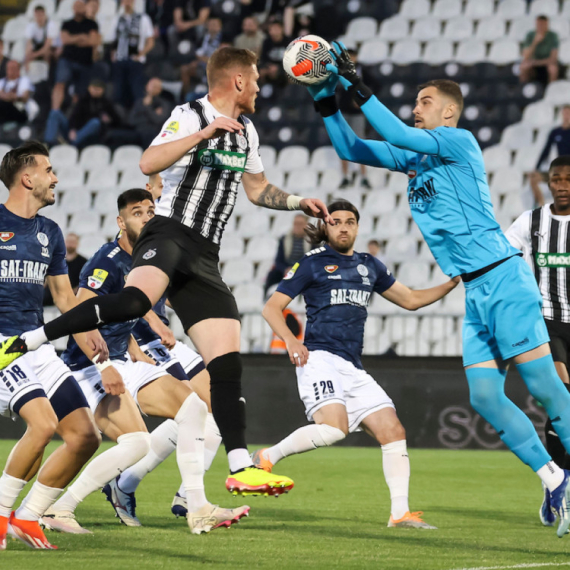
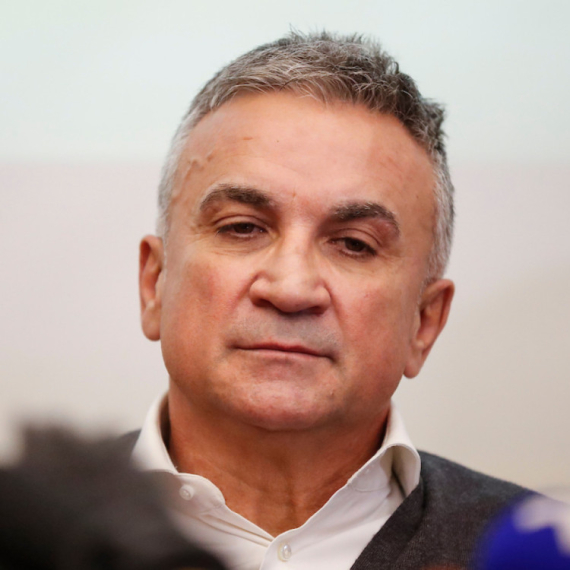
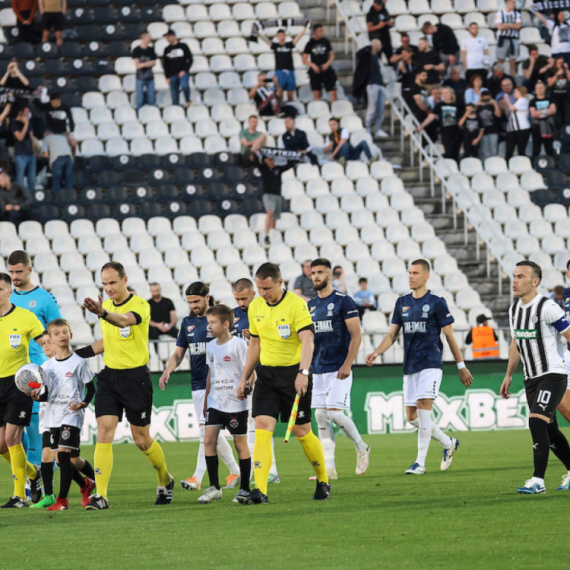
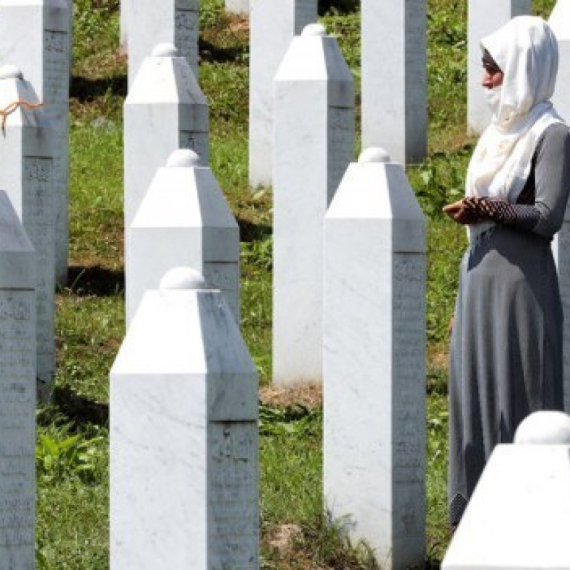
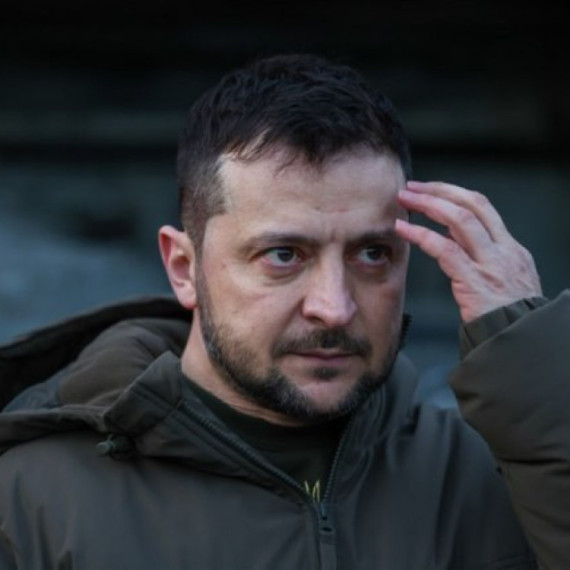
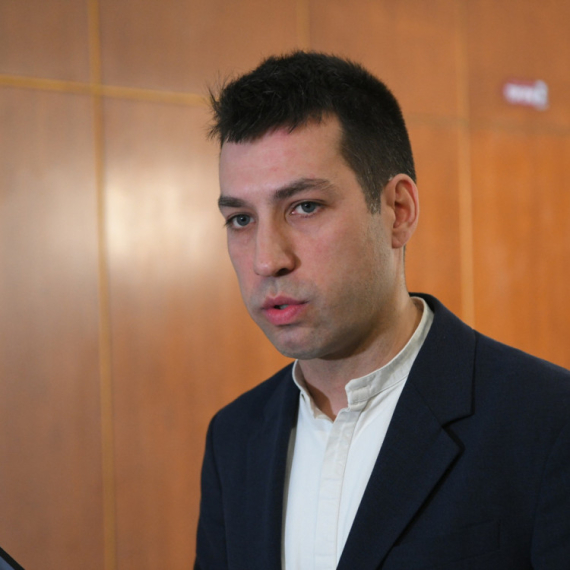
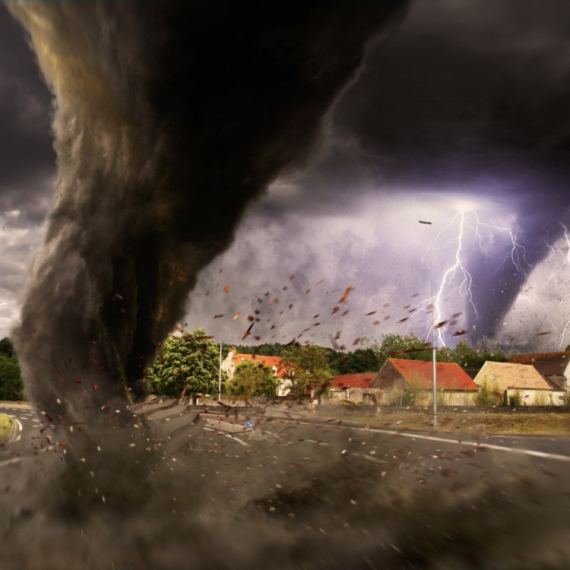
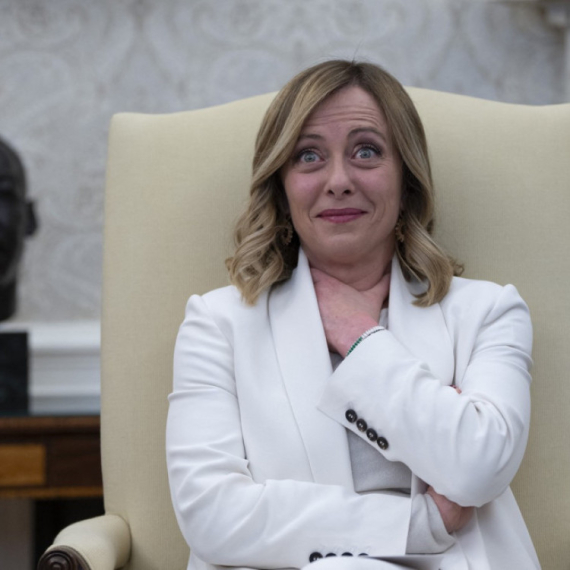

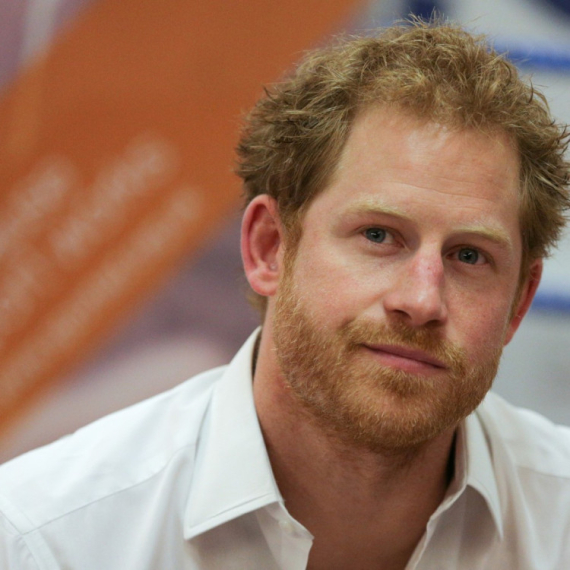




























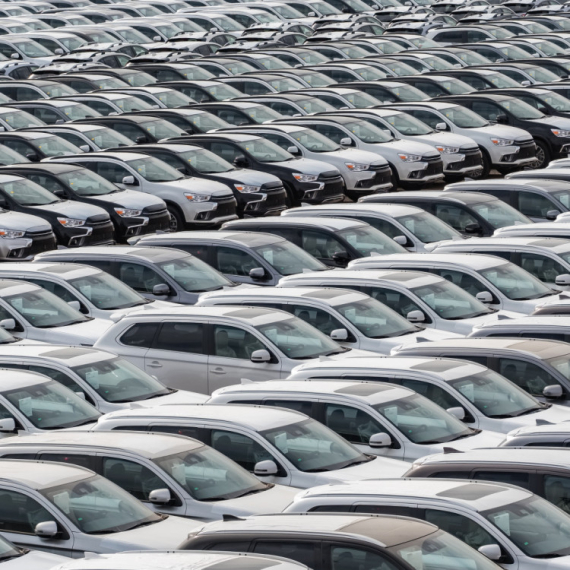




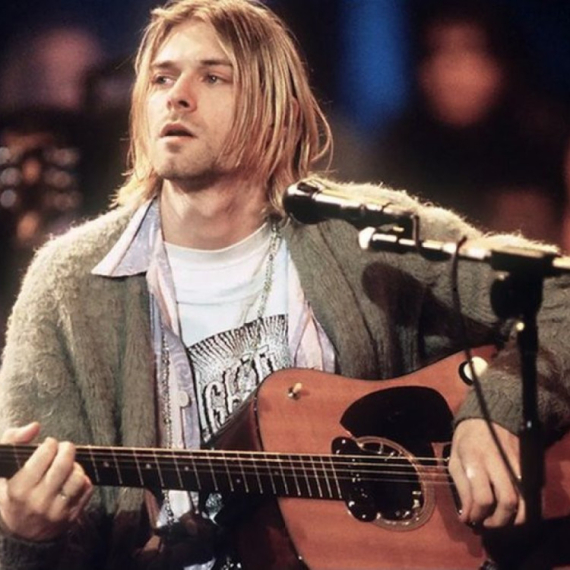
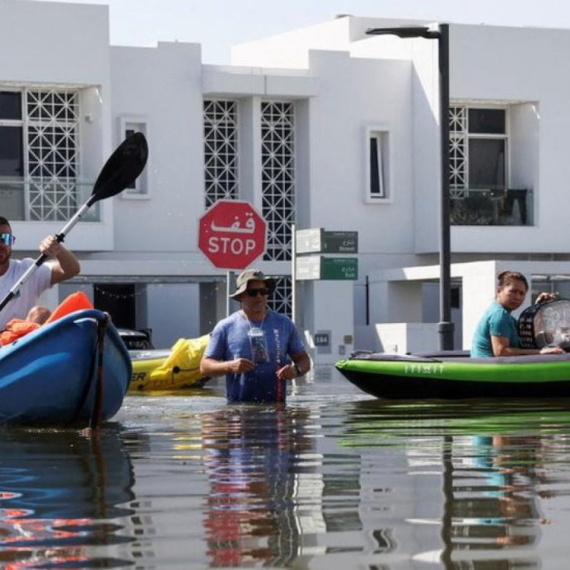
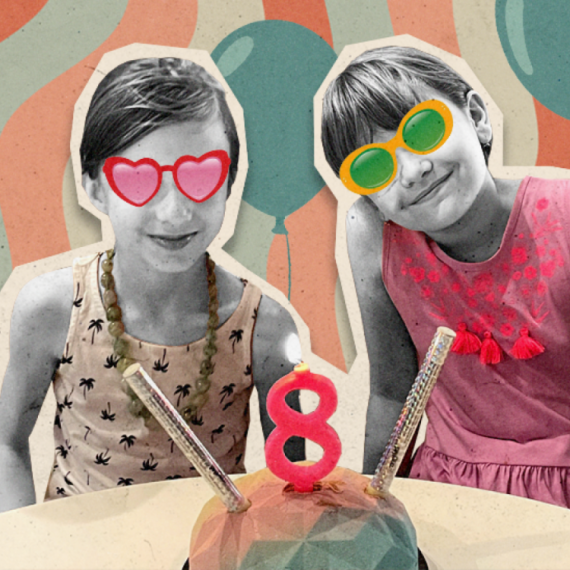
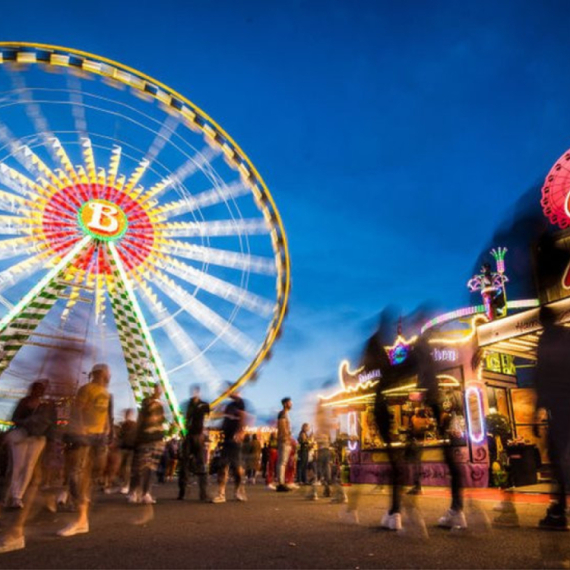
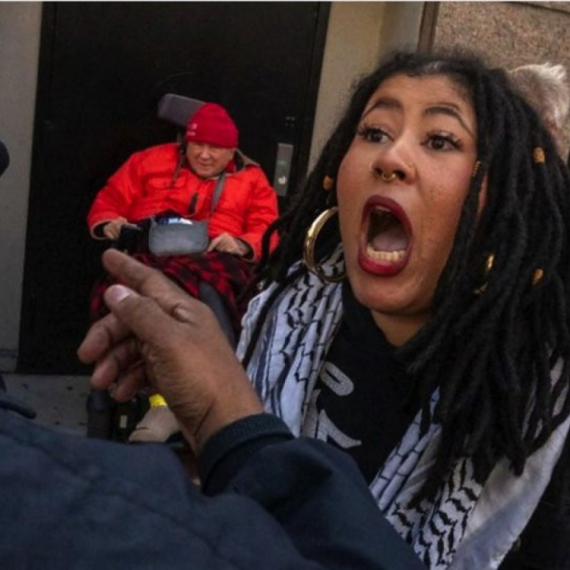

Komentari 1
Pogledaj komentare